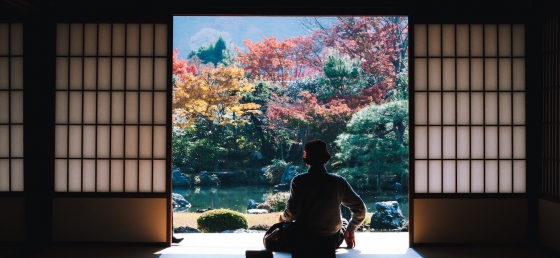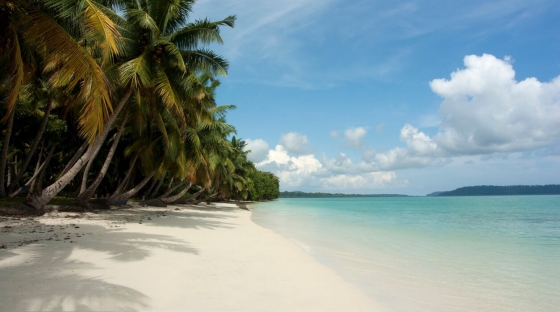Busan Weather and Climate: A Comprehensive Guide
The oceanic climate in Busan is characterized by warm summers and mild winters. In winter temperatures can drop below the freezing point at night. Rainy season is from April until September.
Busan is also known as the summer capital of South Korea, mainly because of the many tourists that the city attracts during this period. These tourists come mainly to enjoy the beautiful beaches.
Average maximum day and minimum night temperature
Visitors to Busan can expect significant temperature changes throughout the year. Average daytime temperatures reach a comfortable 29°C in August. In January, the coolest month of the year, temperatures drop to a chilly 9°C.
At night, you can expect cooler temperatures, with averages dropping to around 1°C during this month. Check out our detailed temperature page for more information.Temperature ranges by month
Precipitation and rainy days
Busan is known for its substantial rain/snowfall, with annual precipitation reaching 1367 mm. Busan can be quite wet during July, receiving approximately 233 mm of precipitation over 14 rainy days. In contrast December, experiences much drier conditions, with 32 mm of rainfall, spread across 5 rainy days. For more details, please visit our Busan Precipitation page.The mean monthly precipitation over the year, including rain, hail and snow
Sunshine over the year
Busan experiences moderate variation in sunshine hours across the seasons. With 7.6 hours daily sunshine in May, it dips to 5.7 hours in September, offering a balanced mix of sunny and overcast days. Visit our detailed sunshine hours page for more information.Monthly hours of sunshine
Daily hours of sunshine
Average humidity
The relative humidity is high throughout the year in Busan.
The city experiences its highest humidity in July, reaching 84%. In January, the humidity drops to its lowest level at 46%. What does this mean? Read our detailed page on humidity levels for further details.
Relative humidity over the year
clear and no rain almost clear and no rain clear and no rainForecast for Busan
Select a Month of Interest
Check the conditions for any month of the year.
The best time of year to visit Busan in South Korea
During the months of May, June and October you are most likely to experience good weather with pleasant average temperatures that fall between 20°C and 26°C.Other facts from our historical weather data:
The hottest season / summer takes place in June, July, August and September.
Most rainfall (rainy season) is seen in June, July, August and September.
August has an average maximum temperature of 29°C and is the warmest month of the year.
The coldest month is January with an average maximum temperature of 9°C.
July tops the wettest month list with 233 mm of rainfall.
December is the driest month with 32 mm of precipitation.
May is the sunniest month with an average of 227 hours of sunshine.
No idea where to travel to this year? We have a tool that recommends destinations based on your ideal conditions. Find out where to go with our weather planner.




